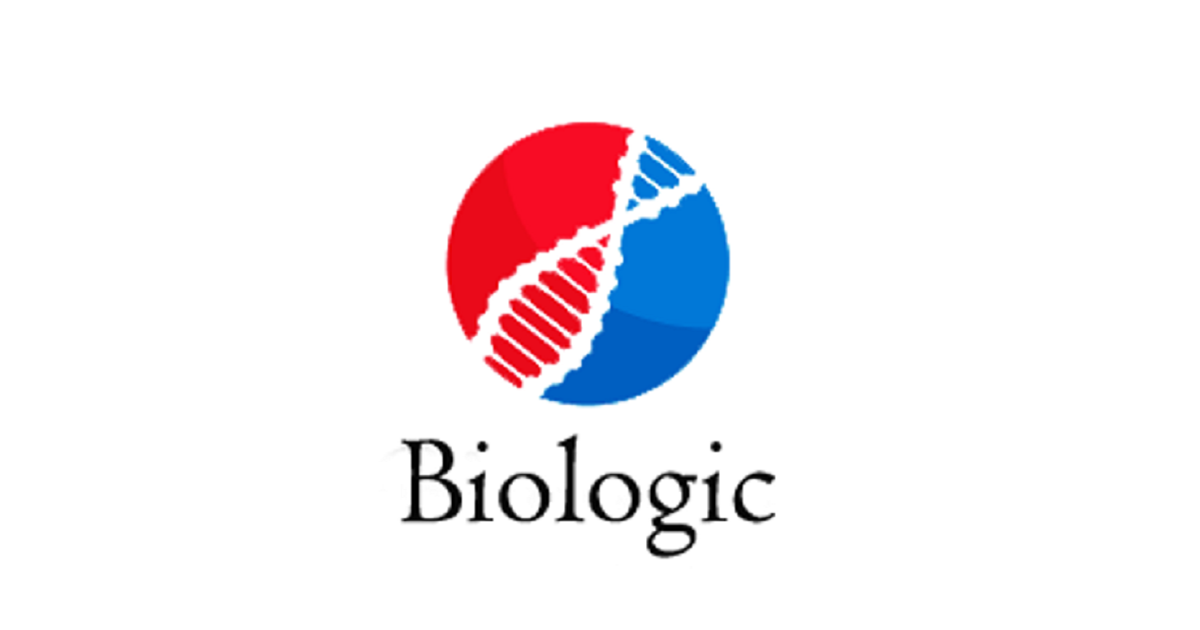Plastic Pollution and Endocrine Disrupting Compounds from Plastics
A special issue of Sustainability (ISSN 2071-1050). This special issue belongs to the section "Pollution Prevention, Mitigation and Sustainability".
Deadline for manuscript submissions: closed (30 April 2024) | Viewed by 2483
Special Issue Editors
2. Faculty of Medicine, “Vasile Goldis” University, Revoluției Blvd. 94, 310025 Arad, Romania
Interests: microbiology; water pollution; bioremediation; bioprospecting
Special Issues, Collections and Topics in MDPI journals
Special Issue Information
Dear Colleagues,
Plastic pollution and its impact on environmental sustainability is the focus of this Special Issue, with particular emphasis on the endocrine disrupters often occurring in plastic materials. The plastics that pollute the environment, including microplastics and nanoplastics, contain endocrine disrupters. These pollutants which move into the environment, including soil, water and atmosphere, also have great impacts on animals, plants and microbes as toxics. This Issue will help to provide a focus for the burgeoning research on plastics and direct attention to the disruption of endocrine function and related physiology in organisms. The research topics in this Special Issue include, but are not limited to, the following:
- Microplastics and nanoplastics environmental pollution;
- Chemical components of plastics that act as endocrine disruptors;
- How endocrine disrupters leach or are absorbed from plastics;
- Microplastics as carriers of endocrine disruptors into the aquatic environment;
- Plastic endocrine disruptors and effect on microbiomes;
- Synergism and antagonism of endocrine disrupters and other toxins/toxics;
- Release of toxins from plastic in aquatic, terrestrial and atmospheric conditions;
- Global temperature, plastic waste and ichthyofauna;
- Effects of endocrine disruptors on bacteria, plants and invertebrates;
- Achieving sustainable reduction of the toxic impacts of plastics;
- Conditions of the sustainable reuse of plastics and the leaching and impact of toxics;
- Sustainable hazard mitigation of endocrine disruptors;
- Education and awareness to reduce plastic pollution and endocrine disruption;
- Distribution of plastic pollution in the environment, and the release of toxics;
- Challenges of plastic pollution, endocrine disruption, toxicity and sustainability;
- Impact of thin plastic layers such as thermal paper and plastic wrap as pollutants;
- Impact and identification of endocrine-disruptor metabolites;
- Sustainable recycling of plastics and reduction of toxic impacts.
Dr. Sergiu Fendrihan
Prof. Dr. Robert Wolff
Guest Editors
Manuscript Submission Information
Manuscripts should be submitted online at www.mdpi.com by registering and logging in to this website. Once you are registered, click here to go to the submission form. Manuscripts can be submitted until the deadline. All submissions that pass pre-check are peer-reviewed. Accepted papers will be published continuously in the journal (as soon as accepted) and will be listed together on the special issue website. Research articles, review articles as well as short communications are invited. For planned papers, a title and short abstract (about 100 words) can be sent to the Editorial Office for announcement on this website.
Submitted manuscripts should not have been published previously, nor be under consideration for publication elsewhere (except conference proceedings papers). All manuscripts are thoroughly refereed through a single-blind peer-review process. A guide for authors and other relevant information for submission of manuscripts is available on the Instructions for Authors page. Sustainability is an international peer-reviewed open access semimonthly journal published by MDPI.
Please visit the Instructions for Authors page before submitting a manuscript. The Article Processing Charge (APC) for publication in this open access journal is 2400 CHF (Swiss Francs). Submitted papers should be well formatted and use good English. Authors may use MDPI's English editing service prior to publication or during author revisions.
Keywords
- plastic
- microplastics
- nanoplastics
- endocrine disrupter
- bisphenols
- phthalates
- toxicity
- pollutants
- pollution







